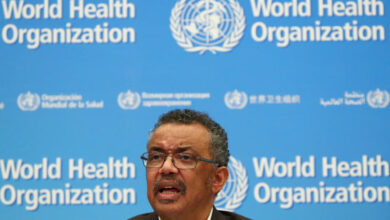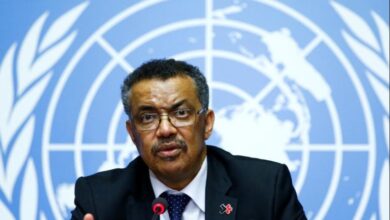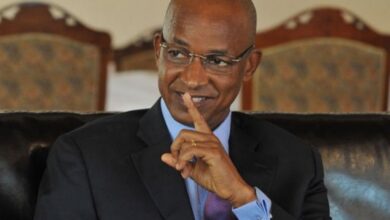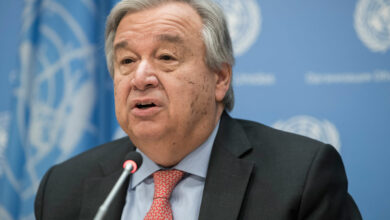World
Nile Dam: US President Says Washington Will Continue To Mediate In Negotiation Talks
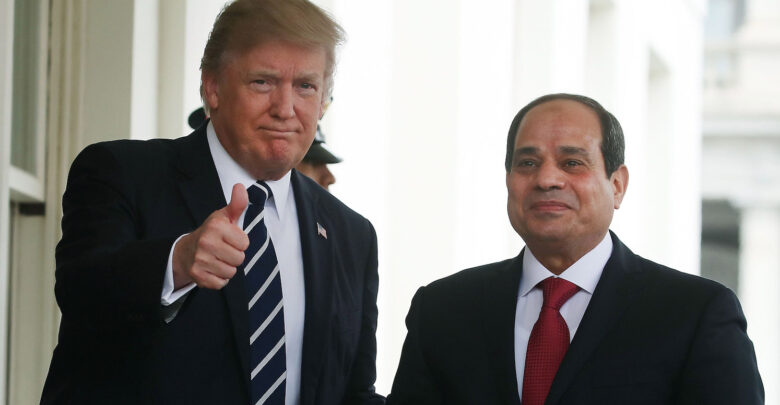
The United States President Donald Trump has assured Egyptian President Abdel Fattah Al-Sisi that Washington will continue to mediate in negotiations on the Nile Dam until the signing of an agreement between Egypt, Ethiopia and Sudan, reported Reuters.
The development comes after the U.S.-brokered talks on the Grand Ethiopian Renaissance Dam (GERD) fell apart last week. Ethiopia began the construction of the dam in 2011. On completion, the dam will become the largest hydropower plant in Africa.
Addis Ababa and Egypt are at loggerheads over the $4 billion project as Cairo is worried that filling a huge reservoir too quickly could adversely affect the Nile’s flow lower down. Egypt relies on the Nile for 90% of its water, and a 1932 treaty gives Egypt and Sudan rights to almost all the Nile waters.
The US Department of the Treasury (DoT) offered to play a mediator last year after Egyptian President Al-Sisi put in a request to his ally, US President Trump.
In a statement released on Tuesday, the White House said that President Trump expressed hope that an agreement on the Nile dam would be finalized soon and will benefit all parties involved.
Egyptian President Al-Sisi expressed “great appreciation for the role played by the US administration in sponsoring the tripartite negotiations on the Renaissance Dam, and the great attention paid by President Trump in this regard.”
He assured that his government will continue to give this issue the utmost attention in defending the interests of the Egyptian people, their resources and their future.
Last week, the DoT said that an agreement had been reached and urged Ethiopia to sign it at the earliest possible time, while Egypt said it had signed the deal.
Ethiopia, which skipped the final round of talks on the Nile dam, denied any deal had been agreed.
“The recent statement by the US we believe is undiplomatic and does not reflect a great nation like this,” Ethiopian Foreign Minister Gedu Andargachew said on Tuesday.
Andargachew said the U.S. should only play a constructive role as any other role would be unacceptable. He warned Washington not to rush the process or try to influence the outcome.


